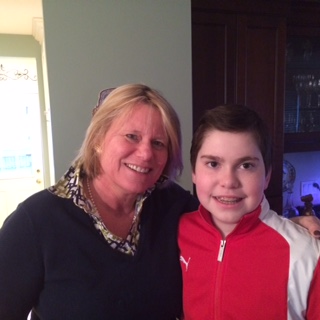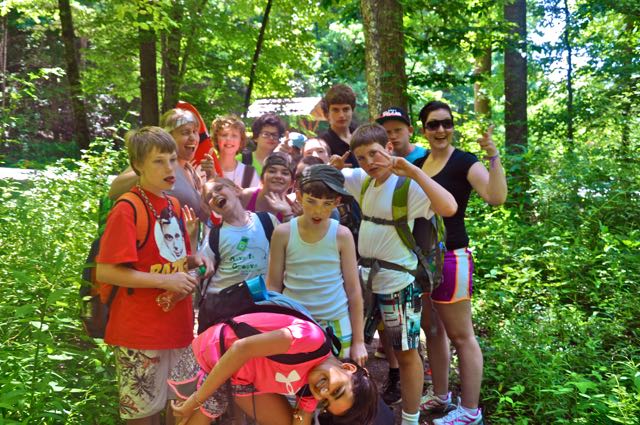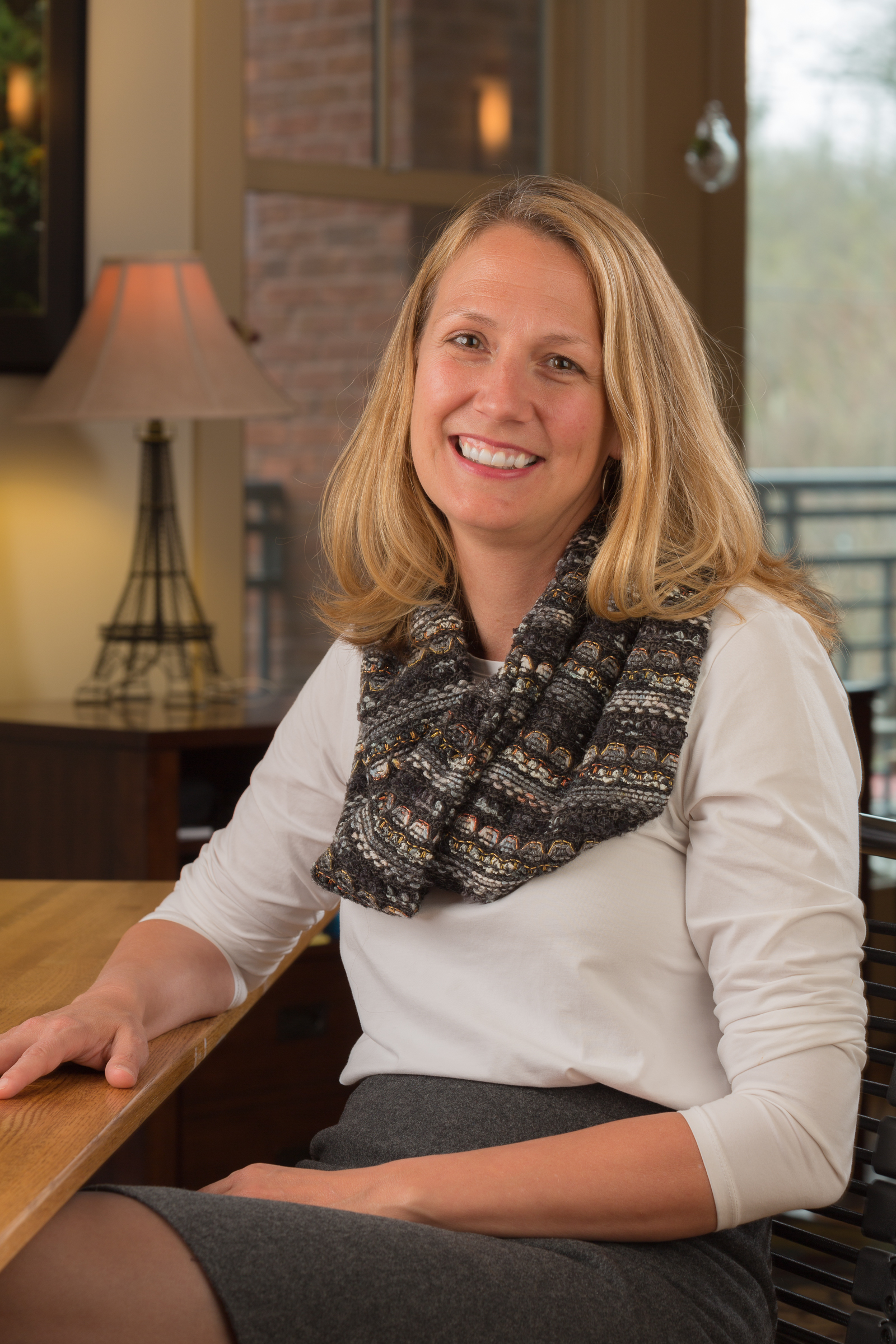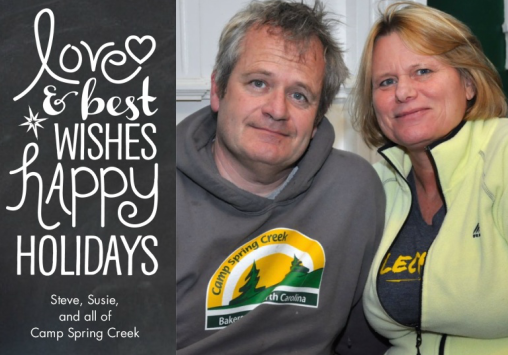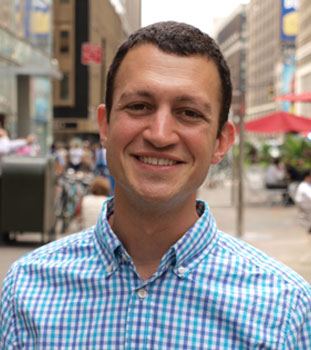 Today’s interview is with inspiring individual David Flink. According to his website, “David, like so many of the kids on whose behalf he serves today, struggled through much of his pre-college education, feeling marginalized by his education as a whole. Although his parents and teachers frequently reassured him that college was in the cards, he would have found that message more actionable, and useful, if it had come from a peer, a person with a learning difference who had finished college. With that in mind, David co-founded Eye to Eye in 1998 while a student at Brown University. Eye to Eye is the only national mentoring movement that is empowering young people with LD by giving them a mentor who shares that experience.” Last month, we recommended David’s book, titled Thinking Differently, and this month we caught up with him by phone for the following interview.
Camp Spring Creek: We’ve seen your video for the Dyslexic Advantage Conference and appreciated your take on life. Can you briefly tell us your dyslexia discovery or diagnosis story?
Today’s interview is with inspiring individual David Flink. According to his website, “David, like so many of the kids on whose behalf he serves today, struggled through much of his pre-college education, feeling marginalized by his education as a whole. Although his parents and teachers frequently reassured him that college was in the cards, he would have found that message more actionable, and useful, if it had come from a peer, a person with a learning difference who had finished college. With that in mind, David co-founded Eye to Eye in 1998 while a student at Brown University. Eye to Eye is the only national mentoring movement that is empowering young people with LD by giving them a mentor who shares that experience.” Last month, we recommended David’s book, titled Thinking Differently, and this month we caught up with him by phone for the following interview.
Camp Spring Creek: We’ve seen your video for the Dyslexic Advantage Conference and appreciated your take on life. Can you briefly tell us your dyslexia discovery or diagnosis story?
David Flink: I was pretty shy as a kid. I had moments of feeling gregarious, especially in things unrelated to academics. If you asked me to pull a quarter out of someone’s ear, you would see a different person than you saw in school. Things really came to a head for me in fifth grade when I went to a Jewish day school, with half the day in English and half the day in Hebrew. I was pulled aside because I was struggling and had all English all day. But it wasn’t that I needed more English, it was how my brain worked. It was not the fault of the teachers, of course, they just didn’t really know about dyslexia in the same ways that we do now. That school actually now has a program for dyslexia with better options. At any rate, at that point in my life I was completely bankrupt in terms of my self-esteem. Thankfully, my parents understood and I was tested and diagnosed.
In some ways, that diagnosis was a relief because I had a word to describe my problem. But in other ways, the words “dyslexia” and “ADHD” and “diagnosis” are not words that inspire a lot of hope for a 5th grader. Because of that, the real “discovery” and optimism happened for me when I was invited to leave the Jewish day school and transferred to the Schenck School in Atlanta. Over the course of two years, I became a square peg with a square hole. My diagnosis finally felt like a discovery and a community, not a condition.
CSC: You're currently touring and speaking due to the success of your book, which we recommended to our readers. Have you faced any surprising challenges on the road that are specific to your dyslexia--perhaps expectations from people managing or organizing events--that have provided a chance for you to creatively problem solve and come at things a different way?
DF: I’ve had some really unusual experiences specific to my dyslexia. If I could point to one that really fleshed out what it means to be a dyslexic author and the goals of Eye to Eye, as well as what it means to be an empowered learner, it would be the interview that I did for a particular radio show. Things were moving so quickly this year that I didn’t have a lot of time to prep. I just sort of showed up. I figured the show would want me to do a reading and I had a passage of my book memorized. I showed up, but they had selected their own parts of the book that created a cohesive message of its own. I didn’t have any of that memorized.
I said I couldn’t do it that way. They said, “What do you mean, you wrote it?”
It turns out, the show was pre-recorded and I had time, so I used my own advocacy skills—the same skills I pinpoint in the book—and I asked for double time to do the recording. Eventually, I memorized their selected passages and read it with the passion that they wanted. It went on the air and it all went over fine. I liked that the experience, in the end, probably taught them a little bit about the scope of all learners and opened them up to being more prepared for hosting dyslexic authors in the future.
CSC: Along the same lines, as a public speaker, is there something you wish other people knew about that experience for someone with dyslexia that doesn’t often come up?
DF: You can’t look at me and know I have ADHD or dyslexia at first glance. In many ways, I think my goal is to normalize that and help underscore that the way I learn is the same for 1 in 5 people in America—literally one of the largest minority groups in the country. I’m hopeful that people who come and hear me speak will understand that I can be an example of the potential for all learners, not just 1 in 5. The key to embracing that potential is unlocking how individuals learn best. Highlighting my two deficits and turning them into strengths, while acknowledging that there are things that will always be hard for me, is still okay. If you embrace the idea that our diversity as learners is a good thing, you can see that it essentially makes us more productive citizens, friends, spouses, brothers, sisters, workers, etc. At our Eye to Eye offices, 80% of our staff has a diagnosed learning difference. We show up with our strengths and our deficits on our sleeves. We can work better that way.
CSC: You seem to have a great sense of humor and welcoming energy. Often times, a gregarious personality is the result of overcoming an inner struggle, private confusion, or loss. Have you always been outgoing, or did you have to teach that to yourself? Did you meet or learn about any role models along the way who informed you about the best way to present yourself?
DF: I think I’m probably naturally a people person, even though I’m more of an introvert. The thing that I taught myself was how to use my story and the story of Eye to Eye as a way to help the world. I like telling stories and I grew up hearing stories. My grandfather was a barber, so if you’ve ever been to an old barber shop, you know that half of it is about how you cut hair and the other half is about what you hear while you’re there. I was always out to do what my grandfather did—the storytelling part—and I had to teach myself that, particularly the public speaking aspect. My general feeling is that you should be whoever you want to be. My ideal evening is often just sitting with my wife and a cup of tea and reading the newspaper quietly.
CSC: Let's talk about this idea that dyslexia is this ability rather than a disability. We agree, and we tell our campers that every single day. Can you give us a real-life example of experiencing your ability in a way that let you think outside the box, creatively respond, or solve a problem when your peers without dyslexia were still "stuck" trying to find their way through?
DF: I like to think that probably happens on some level everyday, because you never grow out of your dyslexia. I would say that best idea that ever came out of my dyslexia and seeing the world differently is Eye to Eye. So many people in this world want to help kids with LD and dyslexia and that’s wonderful, but it’s still not enough. In addition to caring parents and caring teachers, I came to understand that I could play a role that no one else had seen before. I could go meet with a child and tell them what my experience was with LD and listen to their experiences and be a support. In some cases, those kids didn’t have a supportive parent or a place like Camp Spring Creek, so I was the only outlet. In other cases, what I offered enhanced the trajectory for that kid. My ability is my story and only I have that. Seeing that, for me, changed everything.
One of the most exciting things I’ve seen in Eye to Eye is that after our mentees get mentored, they often become mentors. Now, they’ve become so engaged in learning, that many of them are staying in education. That impact is huge. That’s taking a disability and turning it into this ability to think differently.
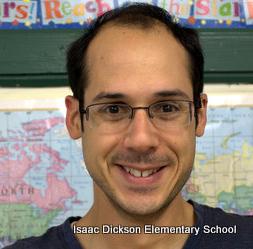 Scott Fisher’s enthusiasm is contagious. "The thing I love most about teaching is that moment of discovery, when children make connections and their little brains explode," says Scott, who teaches kindergarten at Asheville’s Isaac Dixon Elementary. "You can see it in their faces. It's priceless."
Scott also believes the Orton-Gillingham (O-G) training he recently went through is priceless. "O-G training has had a huge impact on my understanding of both the English language and developmentally appropriate teaching practices for reading and writing."
Scott Fisher’s enthusiasm is contagious. "The thing I love most about teaching is that moment of discovery, when children make connections and their little brains explode," says Scott, who teaches kindergarten at Asheville’s Isaac Dixon Elementary. "You can see it in their faces. It's priceless."
Scott also believes the Orton-Gillingham (O-G) training he recently went through is priceless. "O-G training has had a huge impact on my understanding of both the English language and developmentally appropriate teaching practices for reading and writing."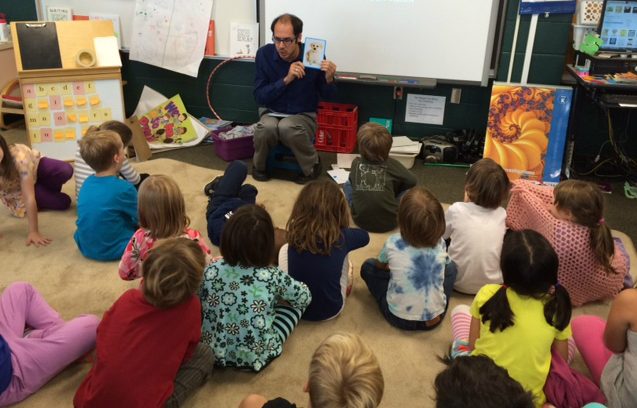

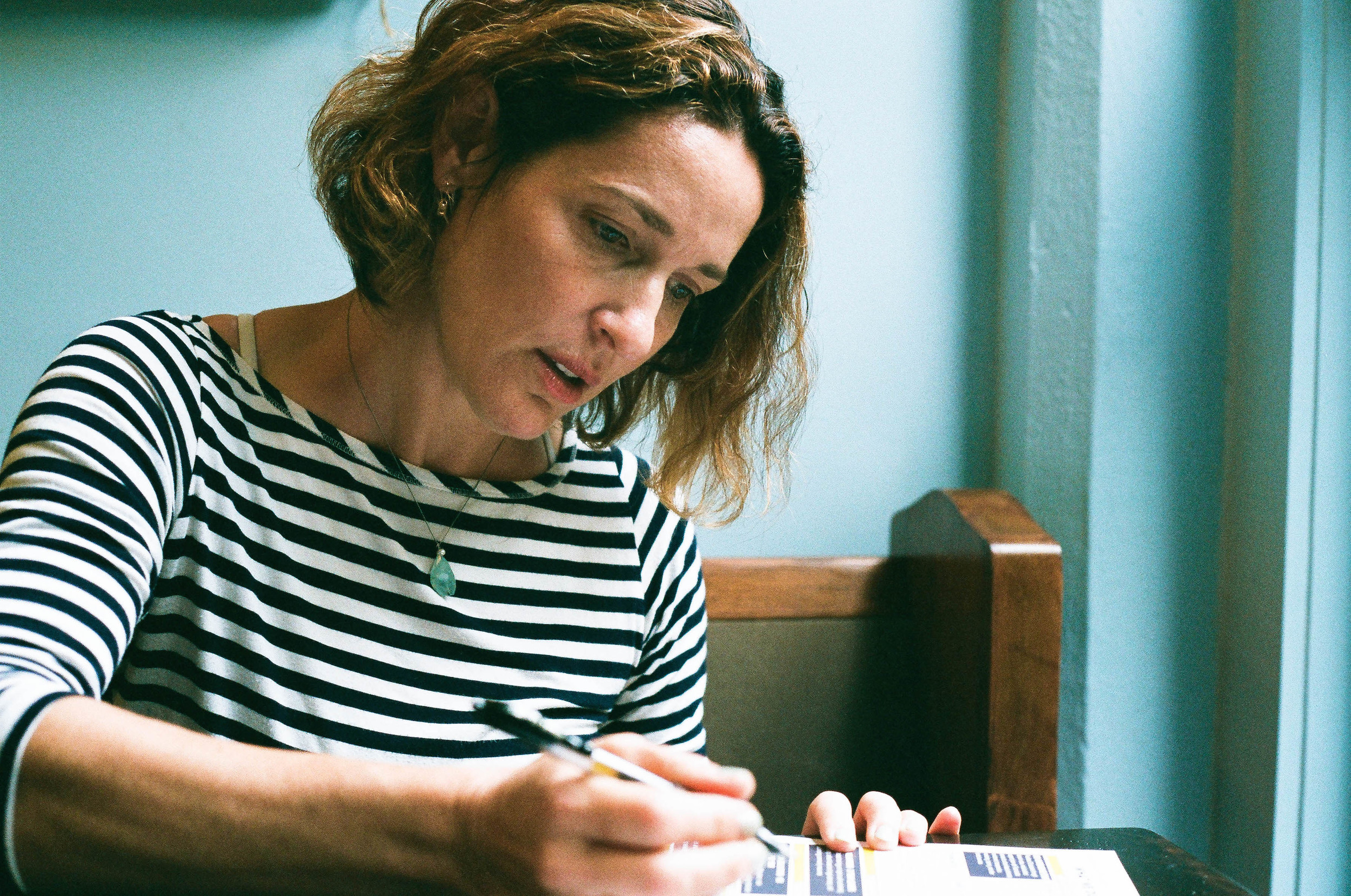 Jen Ramming had no idea that volunteering in a third grade classroom would change her life. “The dynamics fascinated me,” she recalls. “I asked the teacher what I could do to help. One day, she asked me to take three boys, who were disruptive, out of the classroom. We went to the library for books and curled up in the hallway where we took turns reading. Although I realized they were clearly bright and capable, not a single one of these young boys, whose lives had been touched by multi-generational poverty, knew more than five words by sight. One knew the alphabet, but not the sounds. They were learning to read while other kids were reading to learn.”
Jen Ramming had no idea that volunteering in a third grade classroom would change her life. “The dynamics fascinated me,” she recalls. “I asked the teacher what I could do to help. One day, she asked me to take three boys, who were disruptive, out of the classroom. We went to the library for books and curled up in the hallway where we took turns reading. Although I realized they were clearly bright and capable, not a single one of these young boys, whose lives had been touched by multi-generational poverty, knew more than five words by sight. One knew the alphabet, but not the sounds. They were learning to read while other kids were reading to learn.”![images[1]](http://static1.squarespace.com/static/572e2bdcd51cd4708373efa6/576841a83f405861058de241/576842583f405861058e01ad/1466450520273/images11.jpg?format=original) host of educational and enrichment opportunities. These opportunities, which range from tutoring to summer camp, are designed to help children begin to invest in themselves and ultimately break the cycle of multi-generational poverty. Jen is proud to serve as the organization’s executive director.
host of educational and enrichment opportunities. These opportunities, which range from tutoring to summer camp, are designed to help children begin to invest in themselves and ultimately break the cycle of multi-generational poverty. Jen is proud to serve as the organization’s executive director.![unnamed[1] (8)](http://static1.squarespace.com/static/572e2bdcd51cd4708373efa6/576841a83f405861058de241/576842583f405861058e01a7/1466450520160/unnamed1-8.jpg?format=original)
![11836790_10152903791125448_4283862420779050674_n[1]](http://static1.squarespace.com/static/572e2bdcd51cd4708373efa6/576841a83f405861058de241/576842573f405861058e018b/1466450519554/11836790_10152903791125448_4283862420779050674_n1.jpg?format=original)
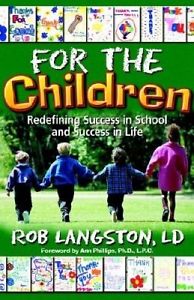 Today's book rec comes from Susie, who suggests that the beginning of the school year is always a great time to review your goals to work as a team with you child's teachers, school administrators, or IEP team members. There can be many barriers, but there can also be many successes. Clear communication, goals, and expectataions along with a positive outlook are keys to success. After all, everyone has the same goal: to get your child the best educational opportunities possible.
To that end Rob Langston's For the Children: Redefining Success in School and Success in Life is worth taking a look at. With so many messages from schools, from home, from media, and from research, and from society in general, sometimes it's hard to know "how to be." The author's Amazon page notes, "In this book I tell you about my struggles and accomplishments as a child and an adult with Dyslexia, with the hope that it will give you the strength and encouragement to help yourself or a loved one. I strongly urge you to read this book and apply it to your life. Don't ever give up on your dreams and always believe in yourself." Read more
Today's book rec comes from Susie, who suggests that the beginning of the school year is always a great time to review your goals to work as a team with you child's teachers, school administrators, or IEP team members. There can be many barriers, but there can also be many successes. Clear communication, goals, and expectataions along with a positive outlook are keys to success. After all, everyone has the same goal: to get your child the best educational opportunities possible.
To that end Rob Langston's For the Children: Redefining Success in School and Success in Life is worth taking a look at. With so many messages from schools, from home, from media, and from research, and from society in general, sometimes it's hard to know "how to be." The author's Amazon page notes, "In this book I tell you about my struggles and accomplishments as a child and an adult with Dyslexia, with the hope that it will give you the strength and encouragement to help yourself or a loved one. I strongly urge you to read this book and apply it to your life. Don't ever give up on your dreams and always believe in yourself." Read more 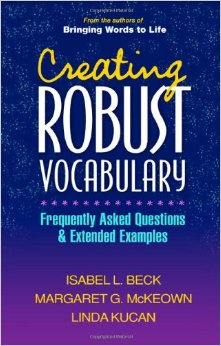 rams. First,
rams. First, 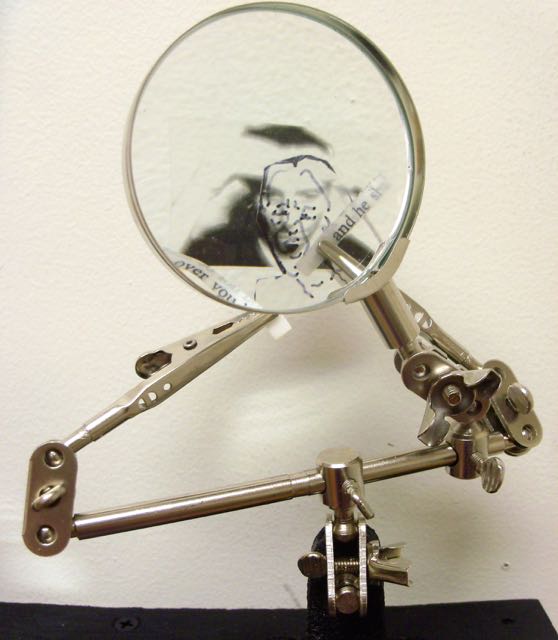 Today's interview features inspiring individual
Today's interview features inspiring individual 

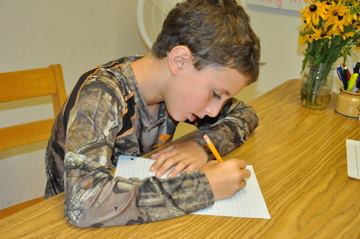 Ben’s full story is
Ben’s full story is 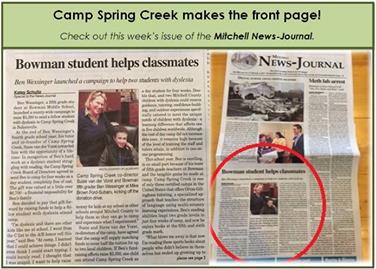 This feature article was originally published on the front page of the Mitchell County News. We've omitted the camper's last name and for this online version, but are delighted to share Ben's exciting news and support him in his
This feature article was originally published on the front page of the Mitchell County News. We've omitted the camper's last name and for this online version, but are delighted to share Ben's exciting news and support him in his 
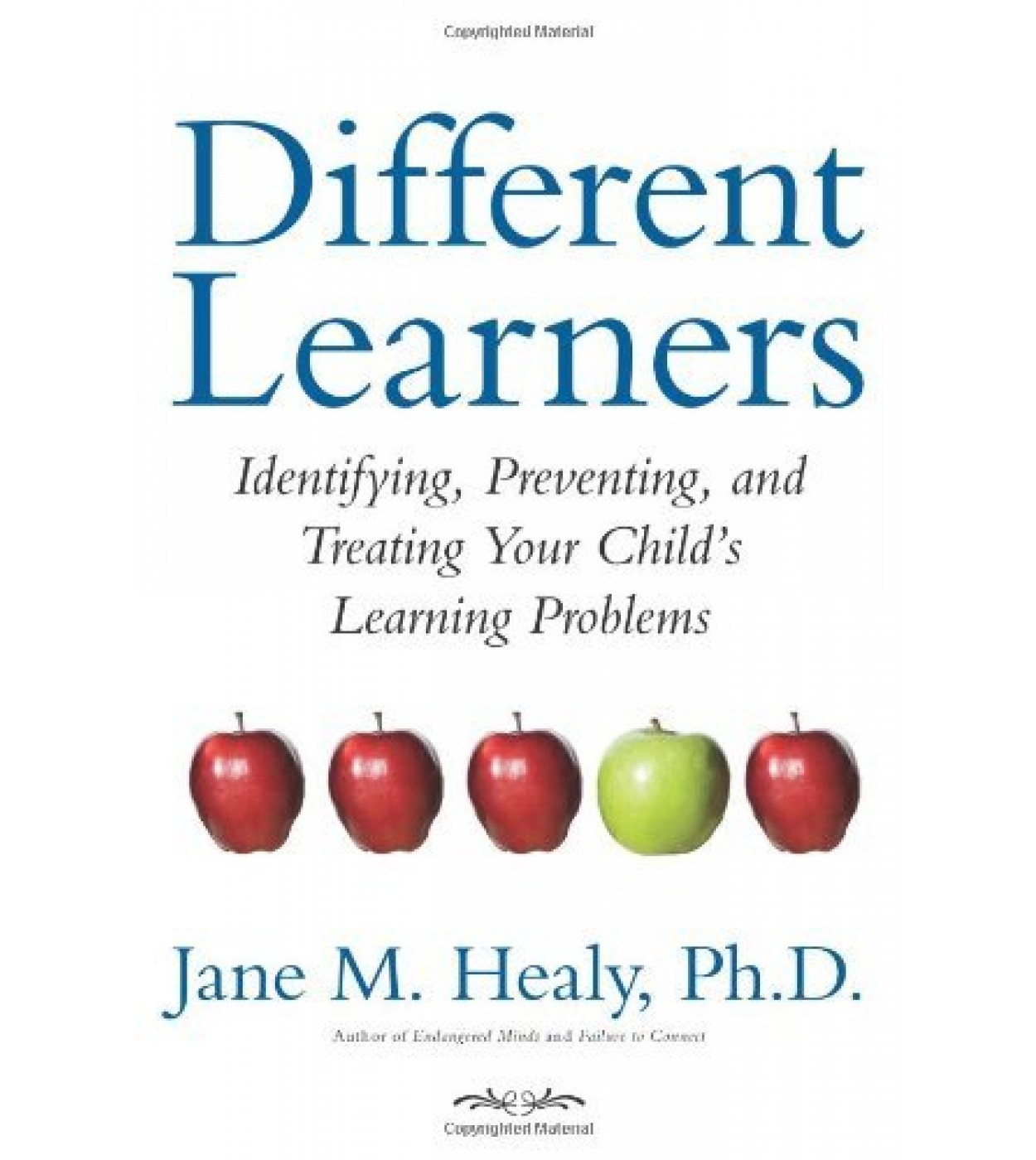 Part reference book, part testimonial, camp co-director Susie recommends the book
Part reference book, part testimonial, camp co-director Susie recommends the book 